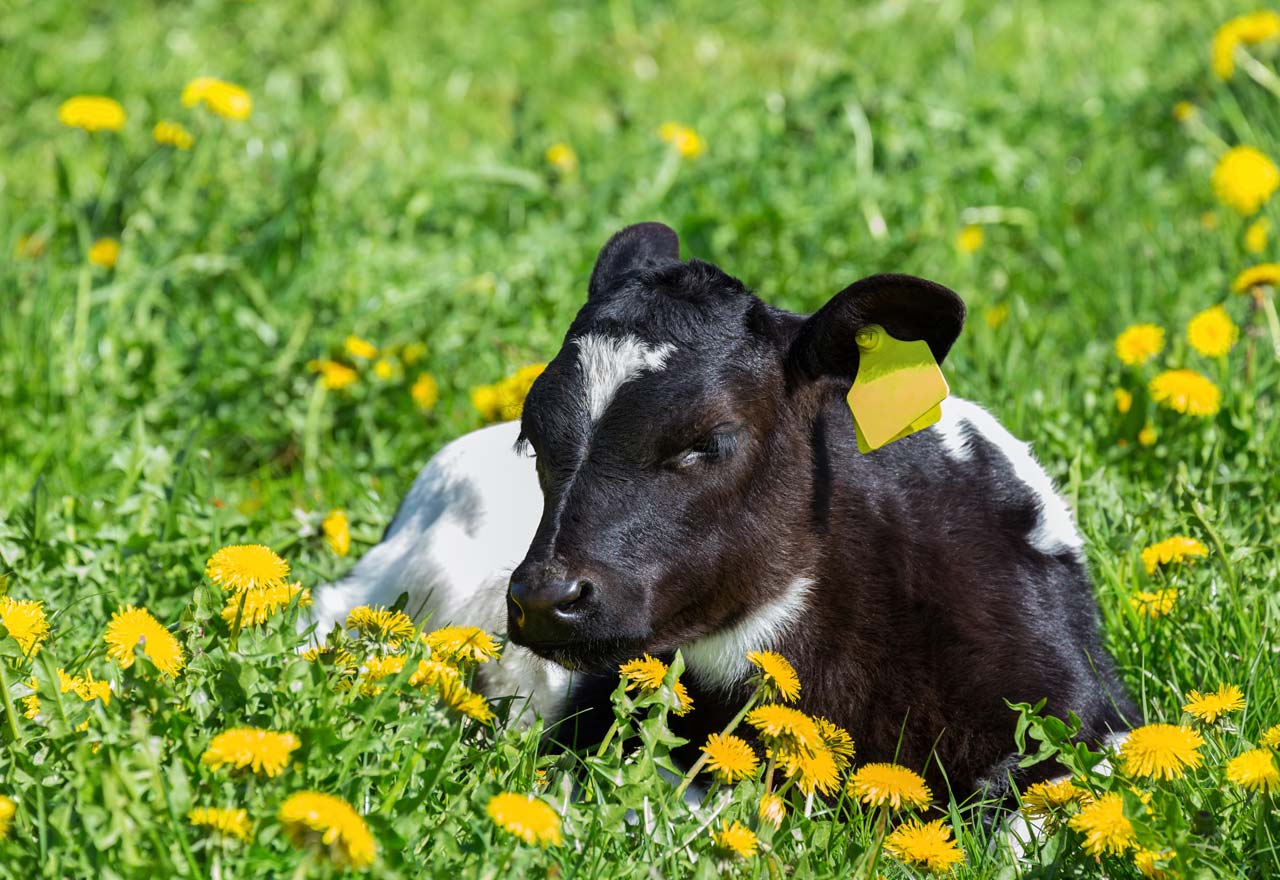The National Organic Program (NOP) recently re-opened the comment period on the 2015 Origin of Livestock rulemaking, soliciting stakeholder input on a few questions that will likely inform the rule’s next iteration.
Despite the clear intent of organic law, some organic certifiers allow dairies to transition conventional cows into their operations. Offending dairies with established herds buy cheap conventional heifers that are transitioned over an allowable one-year period — an exception that was intended to account for newly certified dairy producers.
These purchases are conveniently timed so that the conventional heifers are exactly one year away from giving birth and producing milk. Calves born into this system are sold to avoid the steep costs of complying with the law, which requires organic management from the last third of gestation.
Those operations avoid myriad costs and time investments, flooding the market with “organic milk” and undercutting authentic organic farmers.
Without a well-constructed final rule, there will never be a level playing field.
“The final rule should contain strict, specific language that closes loopholes and ensures enforcement,” says Kestrel Burcham, JD, The Cornucopia Institute’s policy director. “Cornucopia supports an outright prohibition on the sale and use of transitioned animals outside the exception for new organic dairies.”
Cornucopia recently sent a survey to all US organic dairies, seeking farmer feedback on this high-stakes issue. We will share the findings, along with our comments on proposed regulatory language, with the NOP.
Organic dairy farmers and other interested stakeholders can comment directly to the NOP at https://tinyurl.com/livestockorigin. The comment period closes on July 12, 2021.


